If you’re a novice gardener looking to grow a green thumb, here are some essential tips to get you started. Starting a garden doesn’t have to be limited by the size of your yard – whether big or small, there is always a way to grow your own green thumb. To begin, it’s important to consider factors such as your location, yard size, and the time you can dedicate to gardening. Determine the purpose of your garden, whether it’s for sustenance, decoration, or occasional spices. Familiarize yourself with what fruits and vegetables grow well in your specific season and area by using resources like the Seasonal Food Guide or the USDA’s Family Garden Planning Guide.
Selecting the right gardening spot is crucial, as plants need dirt, water, and sunlight to thrive. Consider the amount of sunlight your chosen area receives and avoid places with excessive shade, such as near trees or shadows cast by the house. Aim for your garden to be exposed to at least six to eight hours of sunlight, although some vegetables can tolerate less light. Ensure proper drainage and air circulation in your yard to prevent excess moisture that can lead to mold and fungi growth.
Key Takeaways:
- Consider the factors of location, yard size, and available time when starting a garden.
- Choose a spot with proper sunlight exposure, drainage, and air circulation.
- Research fruits and vegetables suitable for your location and invest in the right gardening tools.
- Regularly tend to your plants by removing weeds, protecting from animals, and staying consistent with watering and fertilizing.
Starting Your Garden
It doesn’t matter how big or small your yard is, as long as you have dirt, you can start a garden. Before you start digging, consider some important factors:
- Location: Choose a spot that receives at least six to eight hours of sunlight. Good drainage is also essential for your garden’s success.
- Purpose: Determine if your garden is for sustenance or decoration. This will guide your plant choices and the amount of time you’ll need to dedicate to your garden.
- Tools: Consider investing in the right tools, including gloves, shears, a rake, a garden fork, a hose or watering can, and rich soil. These essentials will make your gardening experience more efficient and enjoyable.
Do your research and choose plants that are suitable for your location and season. Fruits and vegetables that grow well in one area may not thrive in another. Be gentle when handling new plants and soak their roots before planting. Ensure your plants have enough space to mature and avoid overcrowding.
Regularly tend to your plants, remove weeds, and protect them from animals. Water your plants mindfully and be diligent in removing weeds. Keep in mind that gardening is a learning process, so don’t be discouraged if you make mistakes.
Composting can provide a natural fertilizer to boost plant growth. It’s an eco-friendly way to dispose of kitchen scraps and yard waste. Plus, you’ll save money on buying chemical fertilizers. Research how to start a compost heap and experiment with different materials.
Starting your garden is a journey that will bring joy and beauty to your surroundings. As you tend to your plants, you’ll learn more about gardening and find your own unique style. Enjoy the process and watch your garden flourish over time.
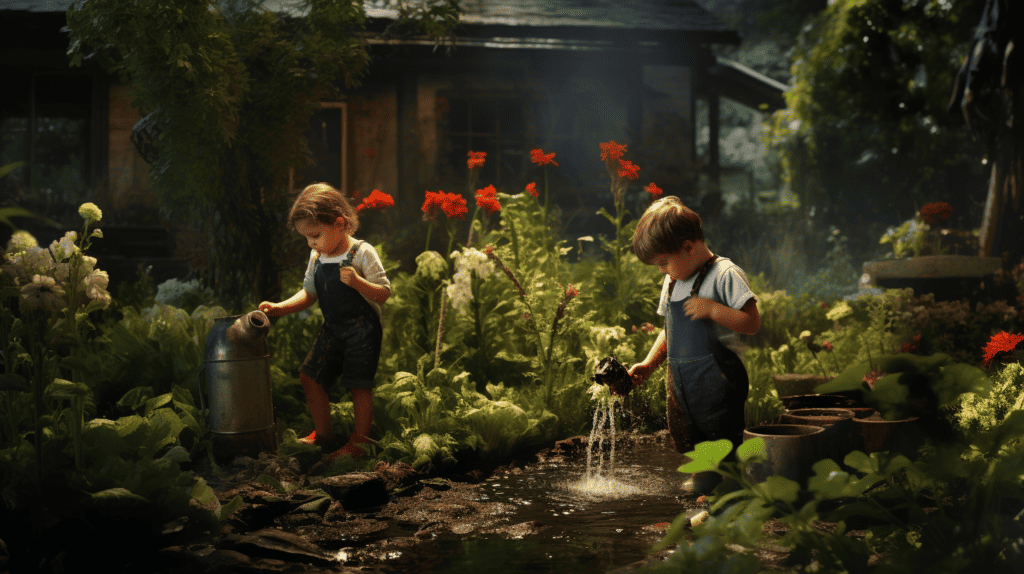
Choosing the Right Plants
Consider factors like where you live, the size of your yard, and the time you can dedicate to gardening when deciding what to grow. Research which fruits, vegetables, and flowers grow well in your specific area and season. By choosing plants that are suitable for your location, you will increase the chances of a successful harvest and minimize potential garden problems.
| Location | Plant Types |
|---|---|
| Full Sun | Tomatoes, peppers, cucumbers, and most herbs |
| Partial Shade | Greens, beets, and some herbs like cilantro and parsley |
| Full Shade | Lettuce, spinach, and other leafy greens |
When selecting plants, consider your gardening goals. Do you want to grow your vegetables for sustenance, or do you prefer a garden that is more decorative in nature?
Invest in the right gardening tools and equipment, including gloves, shears, a rake, a shovel, a garden hose, and rich soil. These will help make your gardening experience more manageable and enjoyable.
Make sure to tend to your plants regularly, removing weeds and protecting them from animals. Stay consistent with watering and maintenance, and do not be discouraged by initial failures. Gardening takes time and patience.
Additionally, consider composting as a natural way to fertilize your garden. Composting not only provides vital nutrients for your plants but also helps reduce food waste.
By following these gardening tips for beginners, you can start and enjoy a thriving garden.
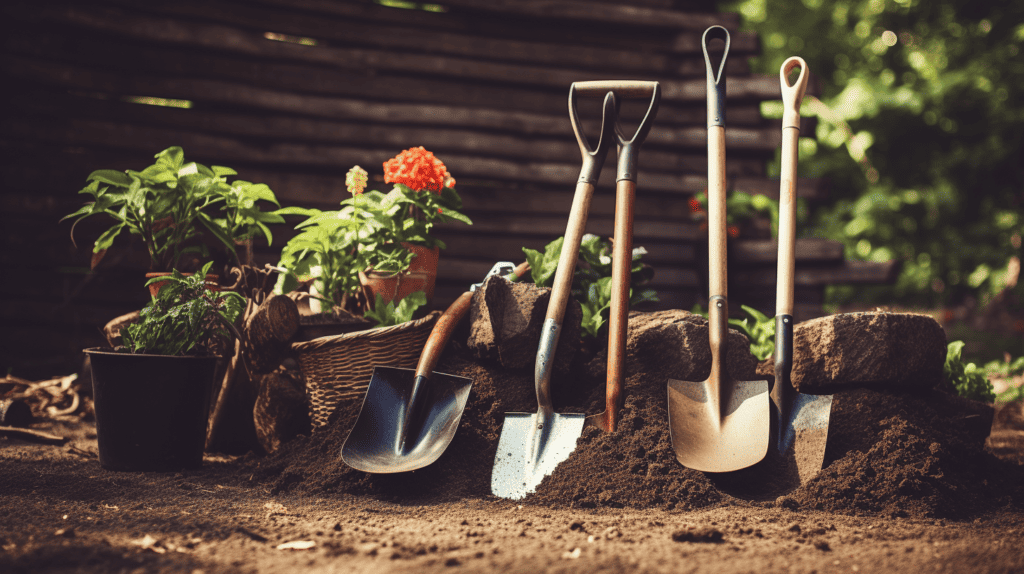
Finding the Perfect Spot
Choosing the right spot for your garden is crucial to its success, whether it’s a small container garden on your balcony or a large plot in your backyard. When selecting a location, consider factors such as the size of your yard, the amount of sunlight it receives, and the purpose of your garden. Choose a gardening spot that gets at least six to eight hours of sunlight, and avoid areas with too much shade or moisture.
| Factors to Consider | What to Look For |
|---|---|
| Sunlight | Choose an area with at least six to eight hours of direct sunlight. |
| Drainage | Avoid areas with poor drainage, since standing water can drown plants. |
| Shade | Avoid areas with excessive shade, since plants need sunlight to grow and thrive. |
| Moisture | Avoid areas with excessive moisture, since this can promote fungal growth and disease. |
| Tree Cover | Avoid areas with tree cover, since it can block sunlight and prevent proper growth. |
Once you have chosen the spot, it’s important to prepare the soil by ensuring it is nutrient-rich and appropriate for the type of plants you want to grow. Invest in the right gardening tools and equipment, such as shovels, rakes, and watering cans, and regularly tend to your plants to remove weeds and maintain their health. Remember to be consistent in watering, fertilizing, and pruning your plants, as this will help them grow strong and healthy.
It’s also important to consider composting as a natural fertilizer for your garden. This process helps to reduce waste and provides your plants with the necessary nutrients they need to grow. Composting is easy and can be done at home with a compost bin or pile, and it’s a great way to promote sustainability in your gardening practices.
By following these basic gardening tips, you can create a beautiful garden that will thrive for years to come. Remember to take the time to plan your garden carefully, choose the right spot, and provide your plants with the care they need to flourish. With a little patience, hard work, and dedication, you can enjoy the many rewards of a successful garden.
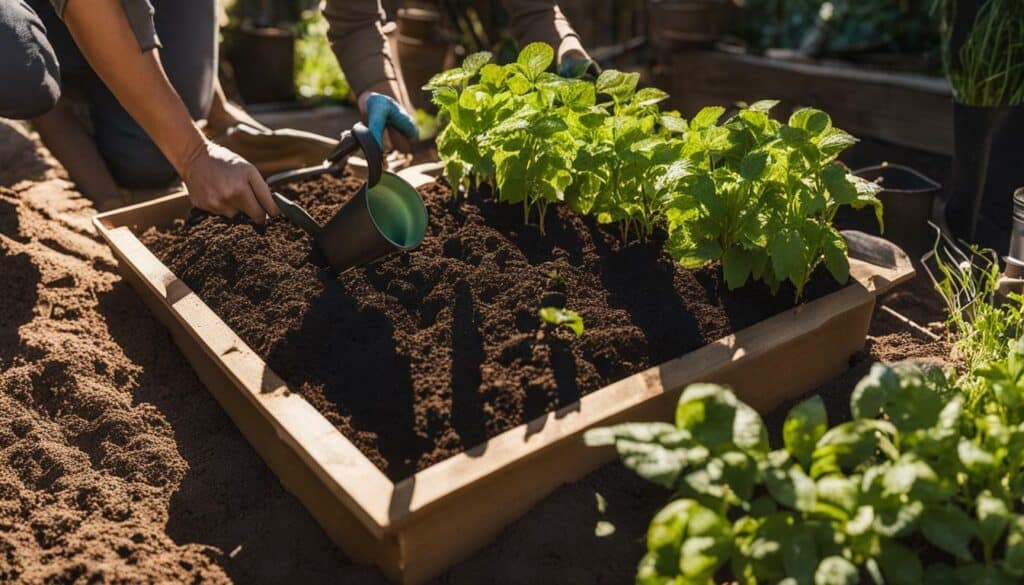
Essential Gardening Gear
Get the right gardening gear, including gloves, shears, a rake or garden hoe, a garden fork or spade, a garden hose or watering can, and rich soil. These essential tools will help you maintain a successful garden.
First, gloves will help protect your hands from thorns, sharp stems, and other hazards. It’s important to find gloves that fit well and allow for dexterity.
Shears or pruners are necessary for trimming plants. They’re great for shaping bushes and cutting away dead branches.
A rake or garden hoe will help you smooth and break up soil, making it easier to plant seeds and seedlings. It’s important to find the right rake or hoe for your yard size and the soil type.
A garden fork or spade is another must-have tool for moving soil. This tool can be used for digging trenches, breaking up soil, and turning over the ground.
A garden hose or watering can will ensure efficient watering for your plants. It’s important to water your garden regularly to keep the soil moist and provide nutrients to your plants.
Finally, rich soil is essential for providing nutrients to your plants. It’s important to choose the right soil for your garden, whether you’re starting from scratch or adding to an existing plot.
To make larger gardens easier to work, it’s recommended to have a rototiller for turning over more soil. This can be rented or purchased depending on your needs.
Remember, taking care of your plants regularly is just as important as having the right gear. Removing weeds and taking care of any pests will help your garden thrive.
Investing in proper gardening gear will make the process more enjoyable and increase your chances of success. Happy gardening!
Tending to Your Plants
Regularly tend to your plants by removing weeds and taking precautions against animals. Tending to your garden is essential to its success. Ensure you choose plants that are suitable for your location, and check their growth progress daily. Taking notice of any pests or weeds that are harmful to your plants, and taking steps to control them, is critical to your plants’ health.
Adequate sunlight and water are also important for your plants’ growth. Ensure you choose a location with enough sunlight for your plants and proper drainage to avoid waterlogged soil. Water your plants consistently, and avoid over or under watering. You can use your fingers to test soil moisture levels.
Investing in the right tools and equipment can make gardening easier and more enjoyable. Gardening gloves, shears, and a trowel are great tools to start with. Rich soil and compost can also benefit your plants.
Utilize organic pest control methods to protect your plants from animals. Simple solutions such as placing mesh barriers around your garden, using repellents, or creating homemade sprays can work wonders. Removing weeds from your garden is another critical task. Weeds not only compete with your plants for nutrients and water but also harbor pests and diseases.
| Tip: | Placing a layer of mulch around your plants can help prevent weeds. |
|---|
Composting is a natural way to provide your garden with the nutrients it needs. It involves breaking down kitchen and garden waste into compost, which is rich in nutrients and beneficial for most plants. It also reduces carbon footprint and waste. Start small with a compost bin or pile, and gradually build it up with your food scraps and garden waste.
Tending to your garden consistently can be rewarding. With proper care and the right techniques, your garden can thrive, and you can enjoy beautiful flowers or a bountiful harvest of fresh vegetables and herbs.
Natural Fertilizer with Composting
Additionally, composting can provide natural fertilizer for your garden. It is a simple and environmentally-friendly method of producing nutrient-rich soil, which can promote healthy plant growth. Composting can be done by recycling organic materials, such as kitchen scraps and yard waste, into compost. This is a cost-effective and sustainable way of improving soil fertility and minimizing waste.
To start composting, select a suitable location in your garden with proper sunlight exposure. This will help accelerate the decomposition process. Additionally, it is important to have a balance of carbon-rich materials (such as leaves, branches, and paper) and nitrogen-rich materials (such as food scraps and grass clippings) in your compost pile.
Regularly turning and watering the pile will help break down the organic matter over time. This will transform it into compost, which can be used as a natural fertilizer to nourish plants. It is an easy and effective way to provide the essential nutrients your garden needs to thrive.
In summary, composting is a great way to reduce waste and produce natural fertilizer for your garden. By following these beginner gardening tips, you can create your very own compost pile and improve the quality of your soil. It’s a win-win solution for both your garden and the environment!
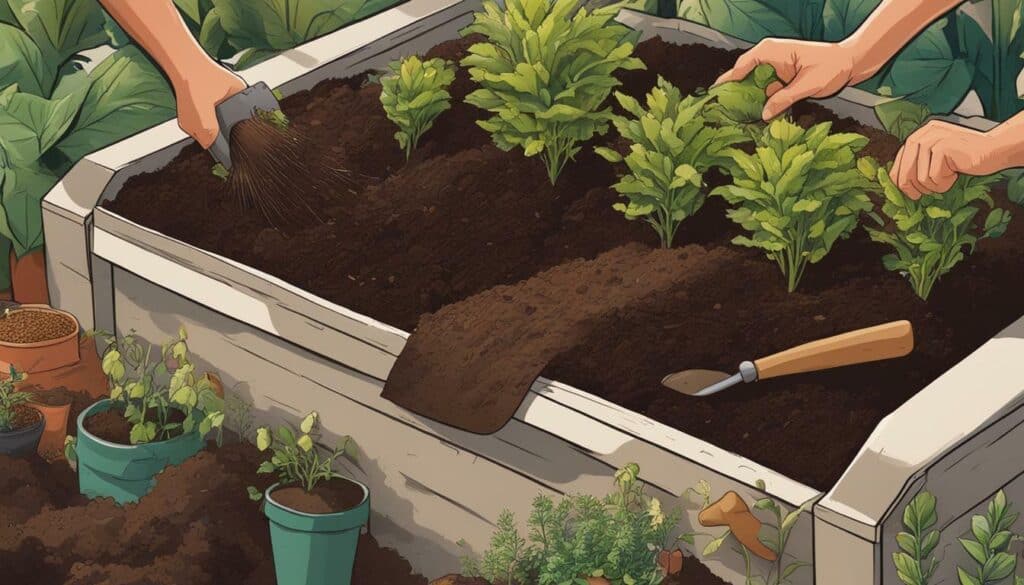
Consistency is Key
Remember to be consistent and enjoy the process of gardening. No matter the size of your yard, consistency is essential to achieving a flourishing garden. Set a schedule for plant care tasks, such as watering and pruning, and stick to it. This will help your plants thrive and stay healthy.
Don’t forget the basics of gardening. Consider your location and the specific season when choosing plants. Research which plants will thrive in your area and select ones that are suitable for your yard size. Pay attention to the amount of sunlight your garden receives and choose plants accordingly.
Invest in the right gardening tools to make the process easier. Basic tools like a shovel, trowel, and rake will go a long way. Prepare the soil by adding compost or other organic materials to improve its quality.
Regularly tend to your plants by removing any weeds and checking for pests. Consistent care is vital to the health of your plants. Don’t be discouraged by setbacks, as gardening is a lifelong pursuit that brings joy and rewards.
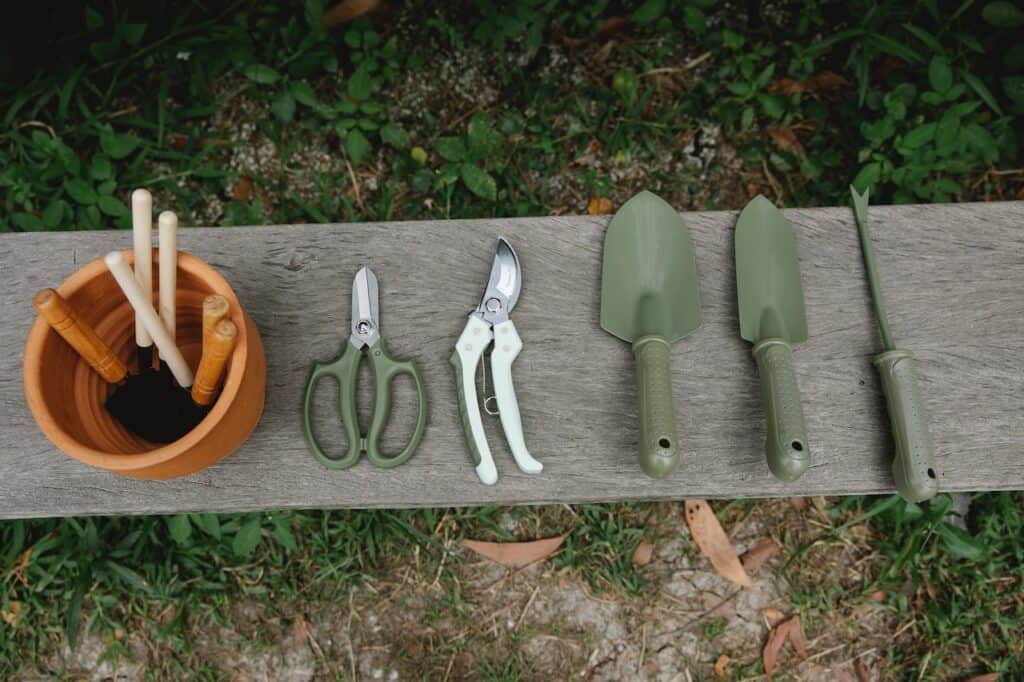
Remember, gardening can be an enjoyable and rewarding hobby. With the right mindset, tools, and consistent care, your garden can thrive and bring you joy for years to come.
What are the Essential Tips for Novice Gardeners to Grow Plants Successfully?
Novice gardeners can benefit from essential tips on growing plants to achieve success. Firstly, selecting suitable plants based on their sunlight, water, and soil requirements is crucial. Secondly, proper watering, not too much or too little, is essential to maintain plant health. Additionally, providing adequate nutrients through fertilizers, compost, or organic matter is vital. Lastly, regular monitoring for pests, diseases, and weeds is necessary, enabling timely interventions to protect plants.
Conclusion
Congratulations! You now have the essential tips to grow your green thumb as a novice gardener. Starting a garden may seem daunting, but it can be a wonderful and rewarding experience. Remember to consider the size and location of your yard, as well as the plants that will thrive in your area and climate. Choose a spot with adequate sunlight and proper drainage, and invest in the right tools and equipment to make the process easier.
Regularly tending to your plants, removing weeds, and providing proper care and nutrients are essential for a successful garden. And don’t forget about composting as a natural fertilizer – you can use kitchen scraps to create your own compost. With a little patience and consistency, you’ll be on your way to a beautiful and thriving garden in no time.
So get your hands dirty and enjoy the process of growing your own plants and vegetables. Gardening is not only good for your mental and physical health, but it can also bring joy and beauty to your yard.
FAQ
Q: Can I start a garden if I’m a novice gardener?
A: Absolutely! No matter how inexperienced you are, anyone can start a garden with the right tips and guidance.
Q: What do I need to consider when starting a garden?
A: When starting a garden, consider factors such as the size of your yard, where you live, and the time you can dedicate to gardening. These factors will help you decide what to grow and how to plan your garden.
Q: What type of plants should I choose for my garden?
A: It’s important to choose plants that are suitable for your location. Consider popular options like bell peppers, tomatoes, and zucchini, but also research plants that thrive in your specific climate and soil conditions.
Q: How do I find the perfect spot for my garden?
A: Look for a spot in your yard that gets six to eight hours of sunlight each day. Avoid areas with excessive shade or moisture, as these can negatively affect the growth of your plants.
Q: What gardening gear do I need?
A: Essential gardening gear includes gloves, shears, a rake or garden hoe, a garden fork or spade, a garden hose or watering can, and rich soil. These tools will help you maintain your garden and keep it healthy.
Q: How do I tend to my plants?
A: Regularly tend to your plants by removing weeds and taking precautions against animals that may damage or eat your plants. This includes setting up barriers, using organic pest control methods, and providing support for plants that need it.
Q: What is composting and how can it benefit my garden?
A: Composting is the process of breaking down organic materials, such as kitchen scraps and yard waste, into nutrient-rich fertilizer. Adding compost to your garden can improve soil quality and provide natural nutrients for your plants.
Q: How important is consistency in gardening?
A: Consistency is key in gardening. Regularly tending to your plants, providing them with the right care, and staying committed to the process will lead to successful gardening outcomes.
Source Links
- https://portfarms.com/finding-your-green-thumb/
- https://www.theteenmagazine.com/beginner-s-guide-to-gardening-5-tips-for-a-green-thumb
- https://www.digit1919.com/Portal/Home/BlogPost/e97e9bd1-3a23-42ea-bf0a-deb483affe23
- https://glamourgarden.com/2023/06/06/not-born-with-a-green-thumb-foolproof-tips-for-novice-gardeners/
- https://www.almanac.com/vegetable-gardening-for-beginners
- https://growinginthegarden.com/gardening-for-beginners-how-to-start-a-garden-in-8-simple-steps/
- https://www.bhg.com/gardening/yard/garden-care/ten-steps-to-beginning-a-garden/
- https://www.thegardencontinuum.com/blog/choose-the-right-plant-for-the-right-place-in-your-landscape
- https://www.katyinthegarden.com/posts/beginner-gardeners-choosing-the-right-plant
- https://earthfriendlytips.com/best-plants-for-beginner-gardeners/
- https://www.themeateater.com/wild-and-whole/gardening/how-to-choose-the-best-spot-for-a-vegetable-garden
- https://www.gardendesign.com/how-to/tools.html
- https://www.gardenersworld.com/product-guides/growing/essential-gardening-tools-list/
- https://porchdaydreamer.com/essential-garden-tools/
- https://www.heavenlygreens.com/blog/10-things-novice-gardener-should-know
- https://plantscientist.wordpress.com/2014/04/29/the-plant-scientist-and-novice-gardener/
- https://www.gardeners.com/how-to-folder/planting-and-care/tending-your-garden
- https://www.farmersalmanac.com/8-homemade-garden-fertilizers-24258
- https://savvygardening.com/natural-fertilizer/
- https://sustainableholly.com/15-easy-organic-fertilizers-to-make-at-home/
- https://www.caseyjoylister.com/blog/beginner-gardening-mistakes
- https://brightly.eco/blog/gardening-tips-for-beginners
- https://fedandfit.com/beginners-guide-to-gardening/
- https://www.linkedin.com/pulse/novice-gardener-bhawin-dhital
- https://www.hepl.lib.in.us/5-lessons-i-learned-as-a-novice-gardener/
- https://extension.oregonstate.edu/impact/seed-supper-gives-novice-gardeners-confidence-grow-food-budget
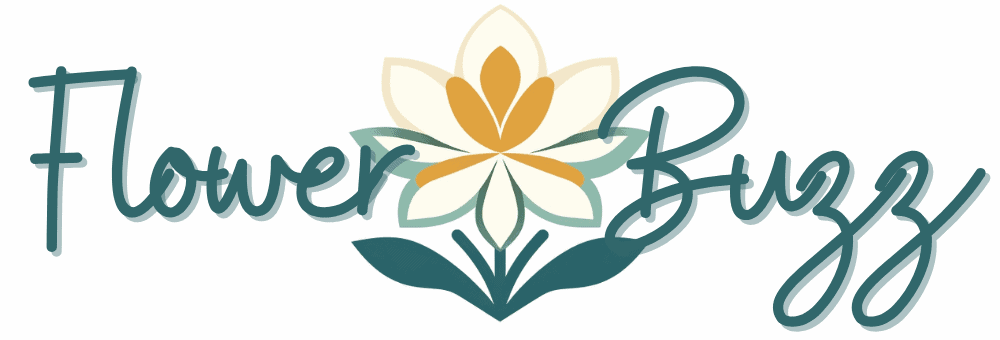
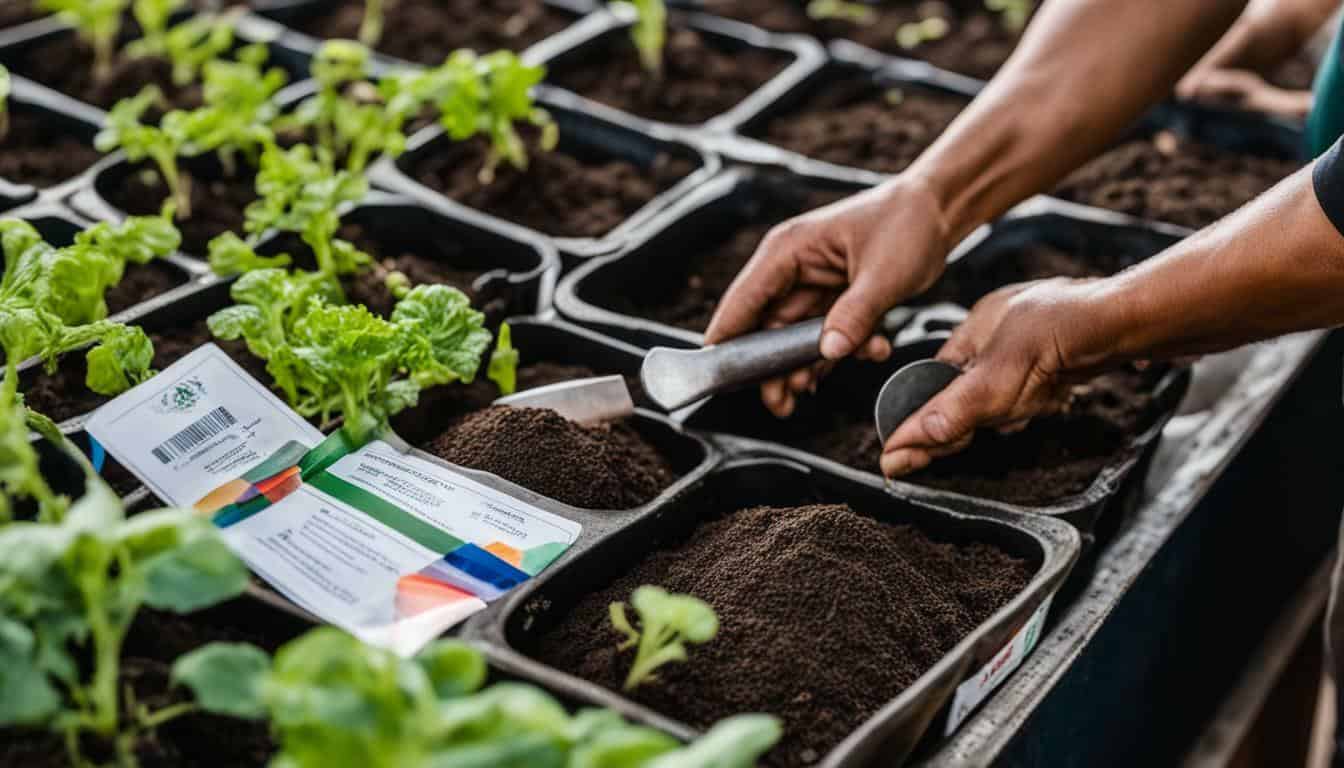
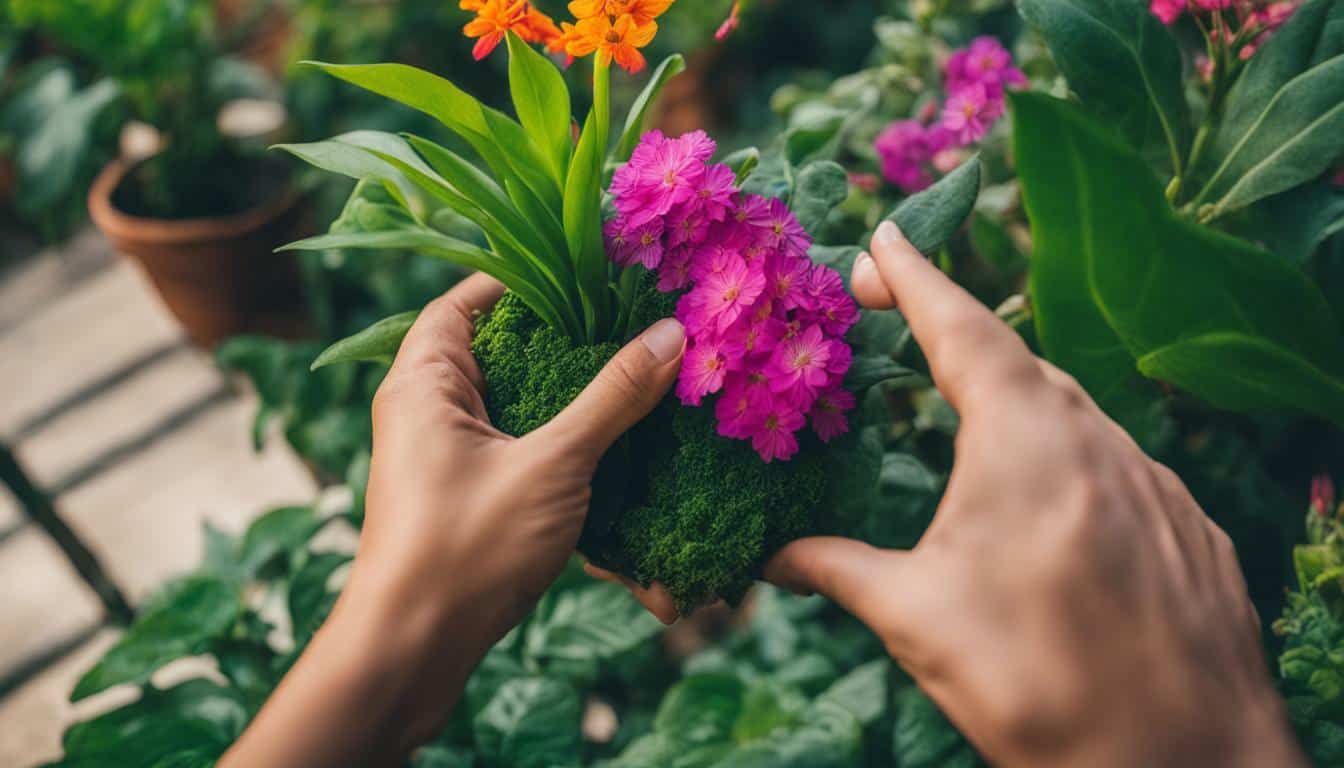
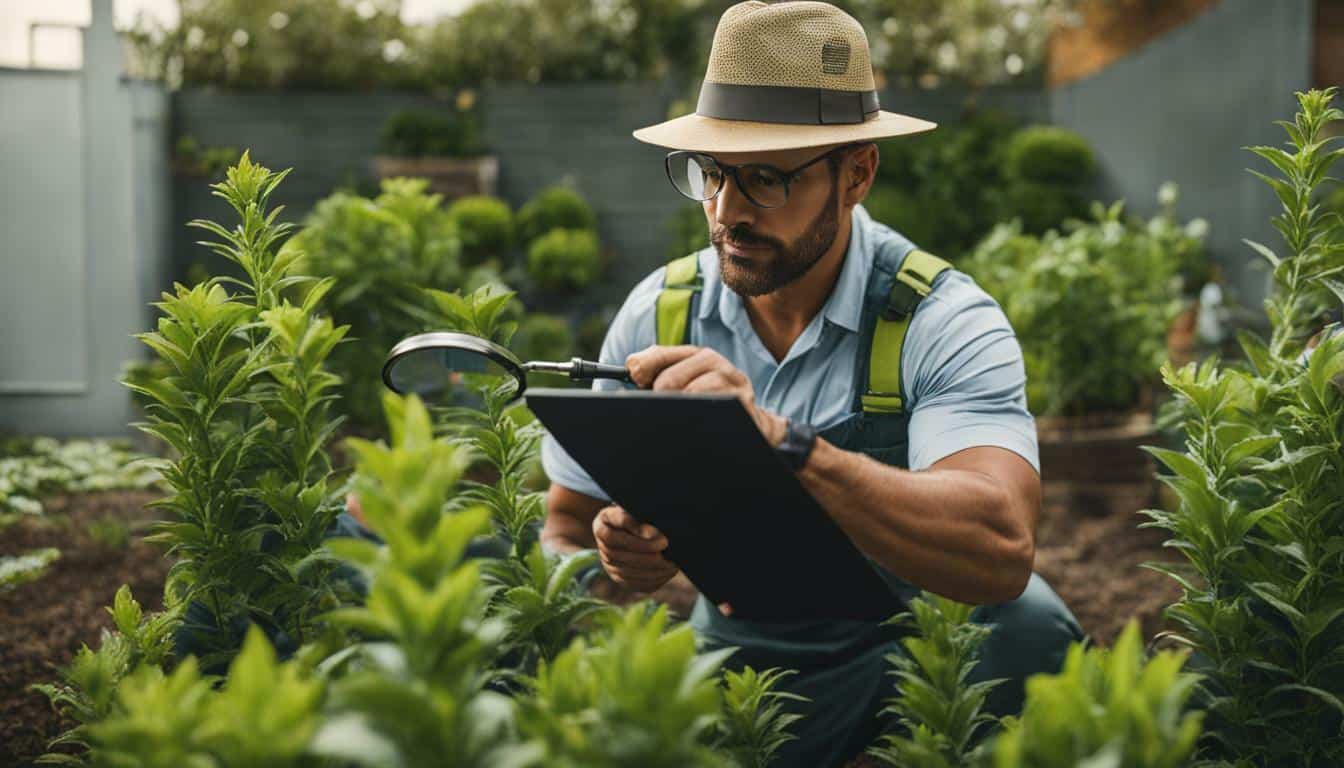

Leave a Reply